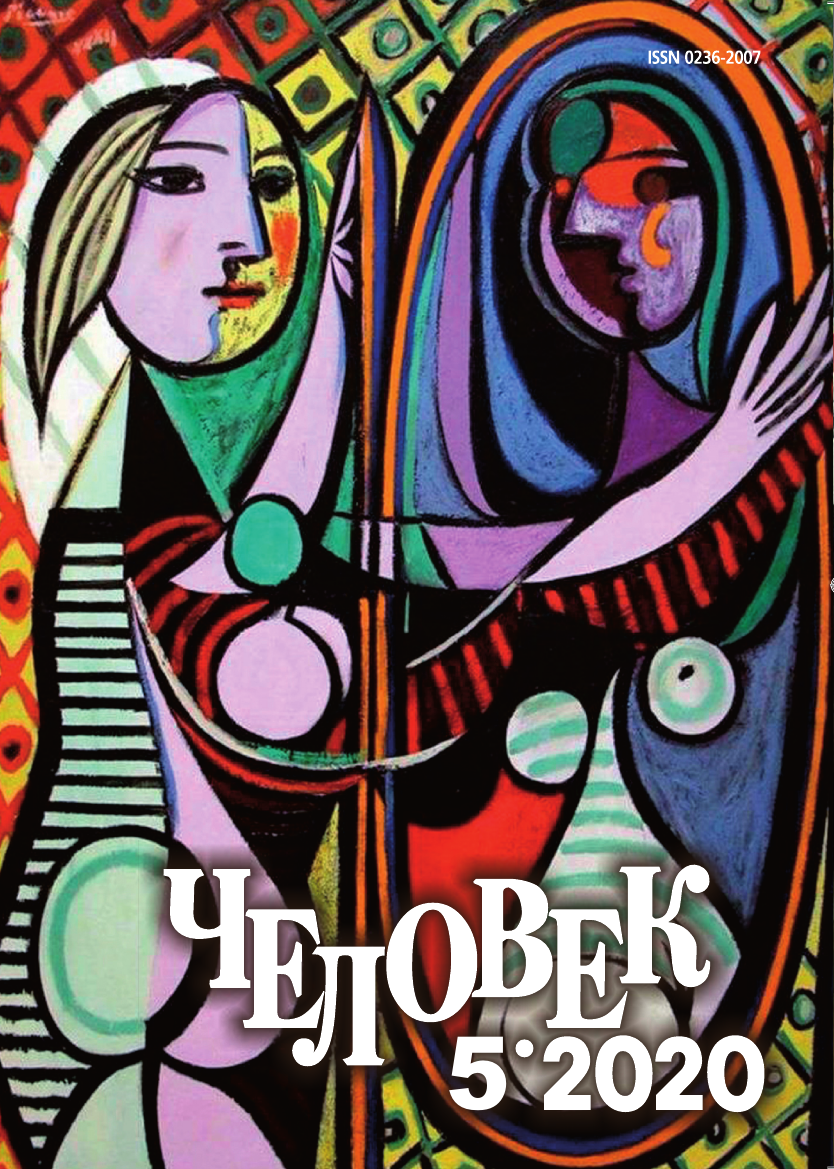The Ideas of Ideal and Subject: from Antiquity to Modernity
Keywords:
subject, ideal, material, good, form, pleasure, reason, probability, activity, passivityAbstract
The article shows that since ancient times, starting with the mythological ideas of Ancient Greece, there is a thought that human actions, on the one hand, are subjectively motivated, on the other hand, this does not affect the general course of events. In the end, everything turns out to be predetermined. This view can be seen as cross-cutting. He manifests himself in Christianity through the idea of the foreseeing of God. It is represented in Protestantism, where freedom in the interpretation of personal relationships with the Holy Spirit, at the same time, does not deny selectivity and clerical predestination. In modern times in ethical representations of the 17th century this is manifested in the form of a division of the subject into two levels of being: empirical being, where motivated aspirations take place and higher being, where arises the understanding that everything is predetermined and nothing can be changed. But a new one also appears. It lies in a different understanding of the ideality and in the probabilistic factor of behavior. As a methodology, modern discussions about consciousness and historians-philosophical discourse are used. The novelty lies in the fact that it is shown how the ideas of the early New Age had a radical impact on the new understanding of the ideal, which is no longer a factor in personal behavior motivation, but an attributive property of the world.






